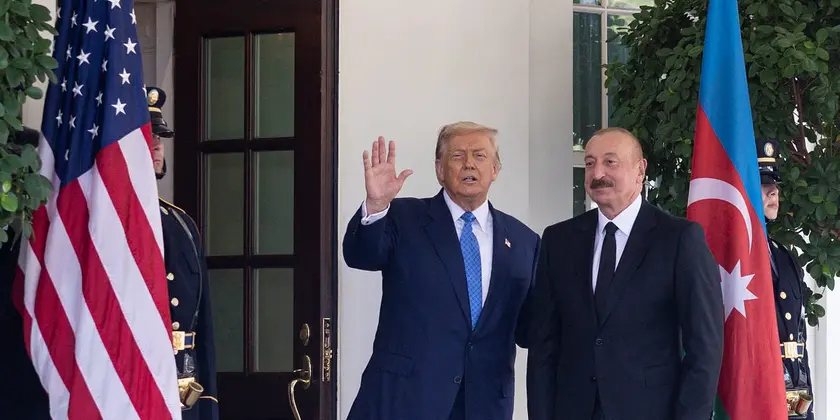T4K3.news
Peace terms collide with battlefield reality
US officials say Putin has not shown willingness to concede enough to reach a peace agreement.

US officials say Putin has not shown willingness to concede enough to reach a peace agreement.
Putin's peace terms collide with battlefield reality
The latest assessment from ISW notes that US officials acknowledge Putin has yet to offer concessions needed for a peace deal. They say any agreement that asks Ukraine to concede while Russia offers little would not be a true peace. The Alaska summit talks produced a sense that concessions were not sufficient to end the conflict, and US figures say Ukraine must decide its own terms in any deal. The report also argues that proposals to codify Russian language rights or protect religious institutions in Ukraine are rooted in a long standing dispute over sovereignty and security rather than a simple settlement of fighting.
Key Takeaways
"any agreement in which only one side makes concessions would be a surrender, not a peace agreement"
Rubio discussing concessions needed for a peace deal
"the main thing in the peace process is the eradication of the war's root causes"
Putin at the Alaska summit
"root causes extend beyond Ukraine, and eliminating them would require substantial negotiations with NATO"
ISW summary of what Putin seeks
"Ukraine must decide for itself what conditions it will accept for a peace deal"
Trump administration position echoed by Rubio
Putin's insistence on addressing what he calls root causes points to a strategic aim that goes beyond stopping the guns. It signals a preference for negotiating on NATO posture, language policy, and church affairs, which would pull Ukraine into a long engagement rather than a quick exit from the war. Western officials face a complex field where any deal could keep Russia in the orbit of Ukrainian politics and territory for years. The risk is a protracted stalemate that tests public resolve in allied capitals and raises questions about how to sustain aid and deterrence while diplomacy lingers.
Ukraine and its partners are trying to balance urgency with realism. Zelensky's Brussels trip and the planned White House meeting show a unified stance to push for security guarantees and a clear path to rebuild, while avoiding promises that could invite renewed aggression. The battlefield picture remains mixed, with Ukrainian gains in some northern areas and sustained Russian pressure in Donetsk and nearby zones. The result could be a chilly period of negotiations followed by sporadic bursts of fighting, not a clean exit for either side.
Highlights
- Peace talks stall on a long list of demands
- Root causes become roadblocks to peace
- A law against future invasion rings hollow
- Guarantors can slow relief and blur responsibility
Political sensitivity and potential backlash
The piece discusses high level peace talks, language policy, and church rights in Ukraine, topics that can spark political debate and international reactions. The analysis links these issues to NATO and Western security guarantees, which may provoke strong responses from readers and political actors.
The next moves will reveal whether diplomacy can translate into real change on the ground
Enjoyed this? Let your friends know!
Related News
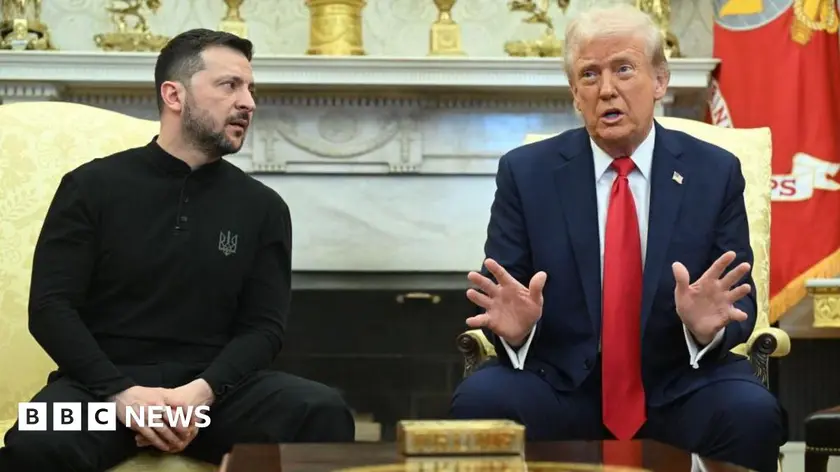
Diplomacy under pressure
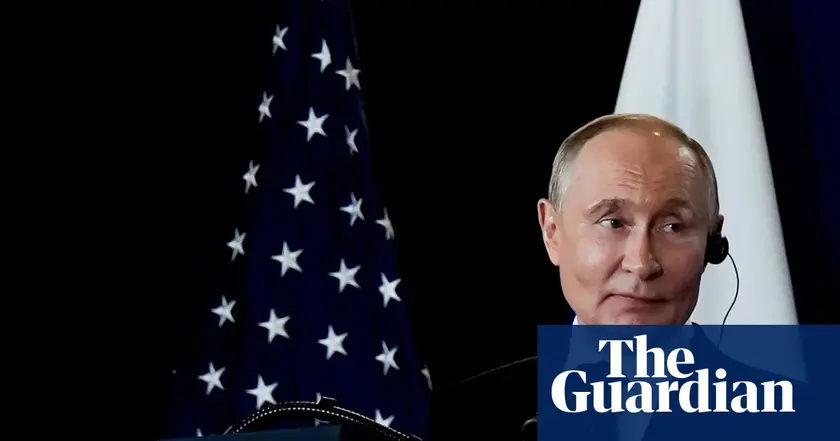
Russia sees summit as win after Alaska talks

Zaporizhzhia Faces Land Swap Talk
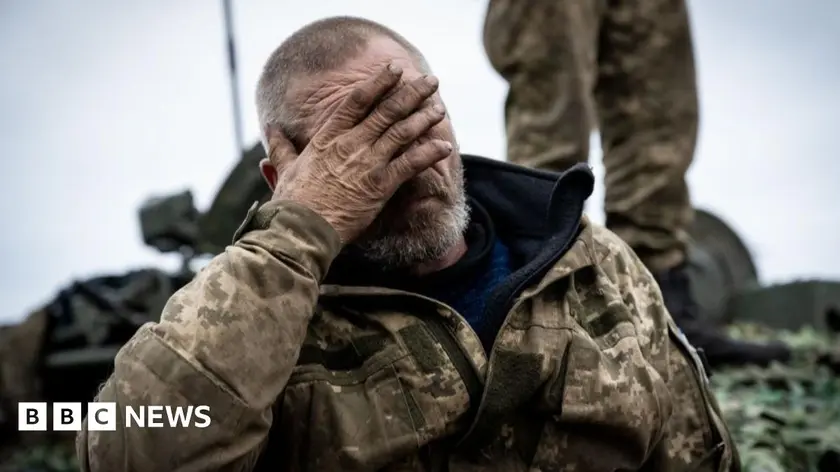
Ukrainians fear an unjust peace as Alaska talks stall
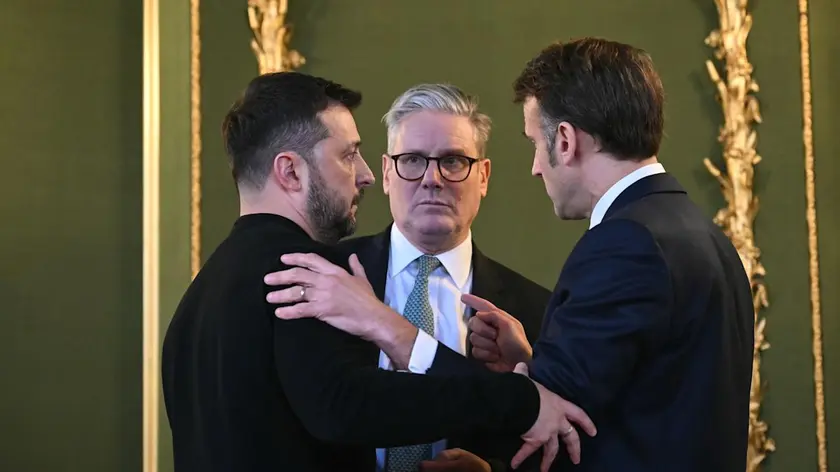
Ukraine peace talks test Western resolve
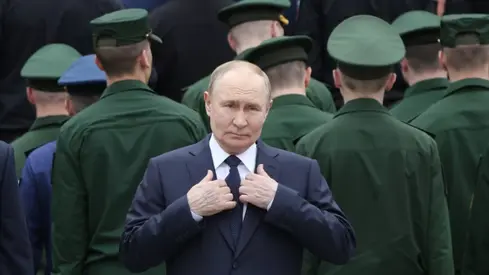
Putin and Trump meet in Alaska

Putin signals Donetsk focus in Alaska talks
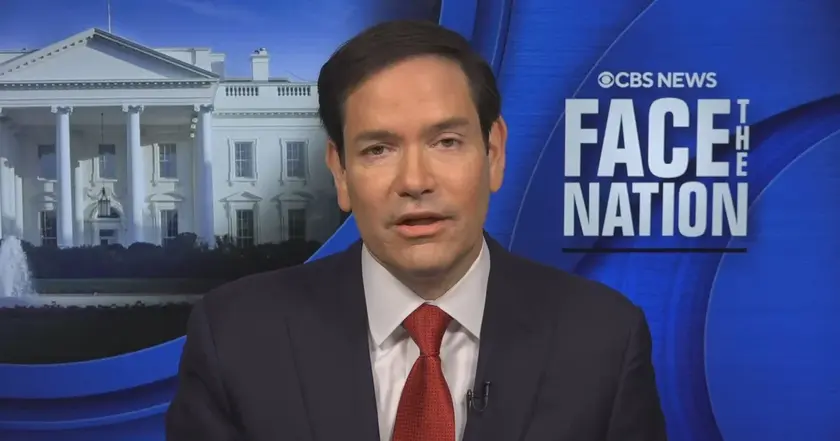
Rubio outlines tough path to peace in Ukraine talks
